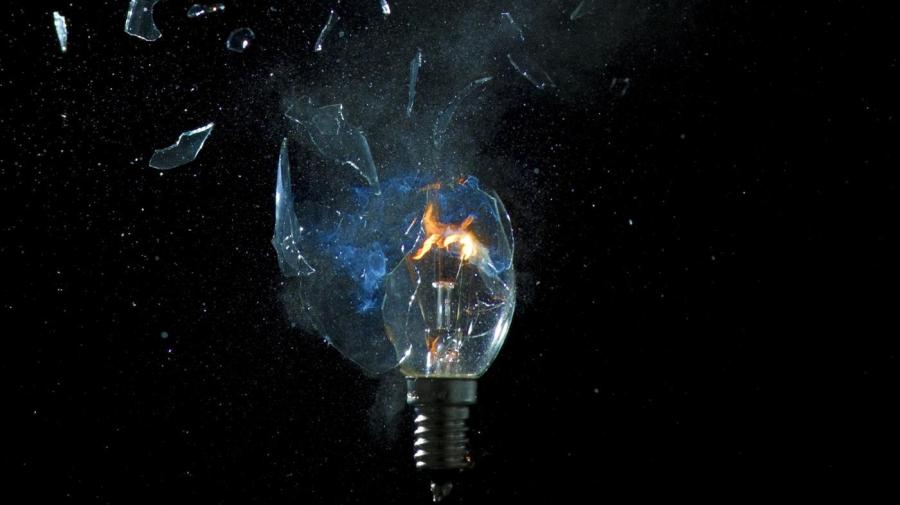Why Do Your Light Bulbs Keep Blowing?

When light bulbs blow out repeatedly on a light fixture, the cause is either too much electricity or faulty wiring. There are solutions to each problem.
A monthly turnover of light bulbs sometimes indicates excessive electricity coming into the house. If the power does not flow at a constant level of 120 volts, light bulbs do not react well, even if other electrical devices appear unaffected. An electrical meter should be used in an outlet located in the room having the problem. If it consistently records a level above 120 volts, that is probably the source of the problem. In recessed or covered lighting, it is possible for too much heat to build up and blow the bulb. This issue is addressed in one of two ways: lower wattage bulbs or larger fixtures. In certain locations, such as beneath play rooms, extreme vibrations affect light bulbs. For these fixtures, the filaments of hardier 130-volt light bulbs stand up better than those of standard bulbs. If the problem is not an excess, it is a deficiency. Inadequate wiring skills are sometimes responsible for blown bulbs. Loose wires do not allow electrical current to run consistently and smoothly through the system. If the bulbs in a fixture need to be replaced every few days, rewiring is in order.





